Loveseat
November 30th, 201511/30/2015 "When we are alone on a starlit night; when by chance we see the migrating birds in autumn descending on a grove of junipers to rest and eat; when we see children in a moment when they are really children; when we know love in our own hearts; or when, like the Japanese poet Basho we hear an old frog land in a quiet pond with a solitary splash--at such times the awakening, the turning inside out of all values, the 'newness,' the emptiness and the purity of vision that makes themselves evident, provide a glimpse of the cosmic dance . . . which is always there. Indeed, we are in the midst of it, and it is in the midst of us, for it beats in our very blood, whether we want it to or not . . . (and) we are invited to forget ourselves on purpose, cast our awful solemnity to the winds and join in the general dance." Thomas Merton
November 26th, 201511/26/2015 Thomas Merton: "These abstractions . . . are simple signs and ciphers of energy . . . Their 'meaning' is not to be sought on the level of convention or of concept . . . In a world cluttered and programmed with an infinity of practical signs and consequential digits referring to business, law, government and war, one who makes such nondescript marks as these is conscious of a special vocation to be inconsequent, to be outside the sequence and to remain firmly alien to the program . . . (They are summonses} to awareness, but not to 'awareness of' ."
For some time now, I have grown (bored? discontent?) with photography, especially photography that is (as some would call it) "pure photography," photography which just records (to the extent this is ever the case). Witness how I more and more use software to modify my images. And I have long resisted being part of "the sequence" and the "program," i.e., buying and selling and competing (and of course not being altogether successful, especially in the competing part). So now I am looking elsewhere than photography--for right now, I'm thinking about calligraphy--especially Zen calligraphy. I will continue to photograph, but for a while I will be more interested in trying my hand at making abstractions that are "simple signs" and "nondescript marks"--summoning (as my photographs have been meant to do too) awareness . . . November 20th, 201511/20/2015 Clouds over Tampa Bay
"You must not know too much or be too precise or scientific about birds and trees and flowers and water . . . a certain free margin, and even vagueness--perhaps ignorance, credulity--helps you in your enjoyment of these things." Walt Whitman (I interpret that last part to mean that you can miss the very thusness or being or inscape of what is there: crudely, perhaps, you risk missing the forest for the trees.) And Thich Nhat Hanh wrote: "The entire cosmos can sing to us with the voice of a wild flower." IF we know how to hear that voice--John Daido Loori tells us it means we must hear with our eyes. November 19th, 201511/19/2015 "The sky is clear and the sun appears;
rain falls and the earth is moistened. Everything is clear as it is, yet how few are really able to see it." John Daido Loori November 18th, 201511/18/2015 A flock of birds, sitting near the water, suddenly flies together into the air, circles around and then settles again by the sea, some clean their feathers, others look out to sea, a few now and then voice something, then some time later, they fly up into the air, circle around and then settle down again . . .
Autumn afternoon on the beach . . . November 08th, 201511/8/2015 Merton's reflection on Ionesco's comments on the useless (from yesterday's post):
"The rain has stopped. The afternoon sun slants through the pine trees: and how these useless needles smell in the clear air! A dandelion, long out of season, has pushed itself into bloom between the smashed leaves of last summer's day lilies. The valley resounds with the totally uninformative talk of creeks and wild water. Then the quails begin their sweet whistling in the wet bushes. Their noise is absolutely useless, and so is the delight I take in it. There is nothing I would rather hear, not because it is a better noise than other noises, but because it is the voice of the present moment, the present festival." November 07th, 201511/7/2015 Ionesco wrote: "The universal and modern man is the man in a rush . . . a man who has no time, who is a prisoner of necessity, who cannot understand that a thing might perhaps be without usefulness; nor does he understand that, at bottom, it is the useful that may be a useless and back-breaking burden. If one does not understand the usefulness of the useless and the uselessness of the useful, one cannot understand art. And a country where art is not understood is a country of slaves and robots . . . " (Much of this sounds like the Tao Te Ching to me.)
November 06th, 201511/6/2015 Suffering ridiculous summer heat (90 degrees) here in November, this looks refreshing . . .
Quite relevant to so many today: "Unreal knowledge is worse than ignorance." George MacDonald November 02nd, 201511/2/2015 A southern Illinois landscape--I think it's what is called the little grand canyon.
Two favorite quotes from Wendell Berry: "In the present political atmosphere it is assumed that everybody must be on one of the only two sides, liberal or conservative. It doesn't matter that neither of these labels signifies much in the way of intellectual responsibility or that both are paralyzed in the face of the overpowering issue of our time: the destruction of land and people, of life itself, by means either economic or military . . . We appear thus to have evolved into a sort of teenage culture of wishful thinking, of contending 'positions,' oversimplified and absolute, requiring no knowledge and no thought, no loss, no tragedy, no strenuous effort, no bewilderment, no hard choices." (From "Caught in the Middle") "In my favor I can only say that I have never killed or physically harmed any of my enemies, or wished to do so, and that I don't carry a pistol. The only thing I would really enjoy shooting is a drone." (From "On Receiving One of the Dayton Literary Peace Prizes") Categories |
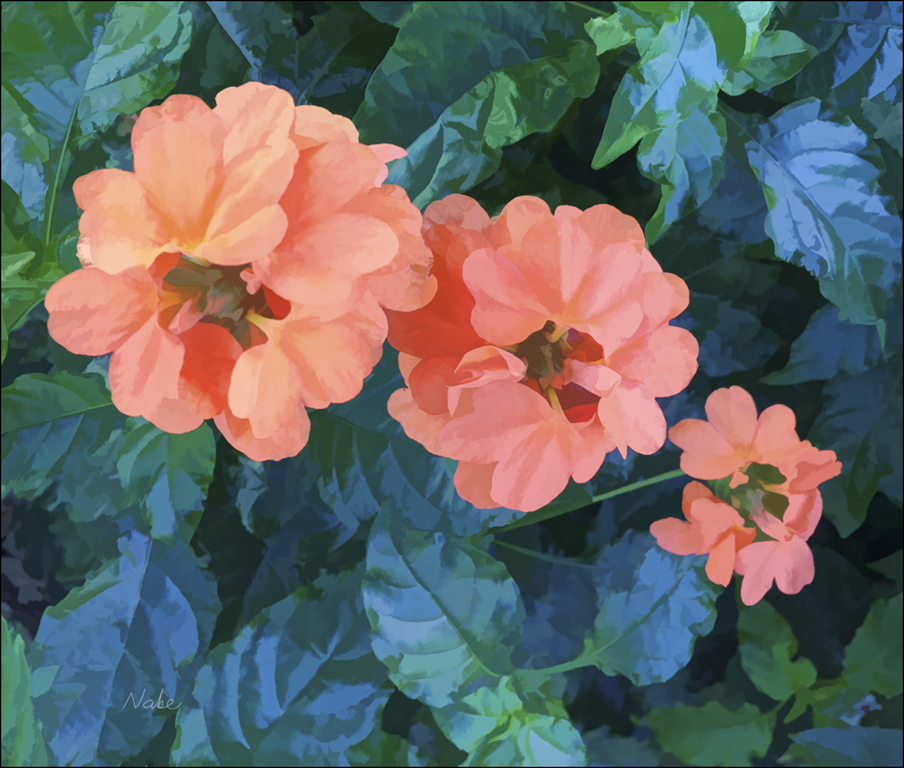
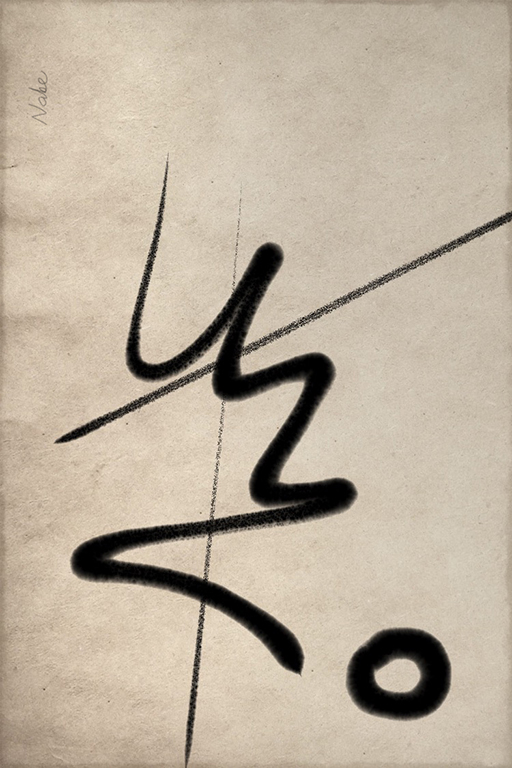
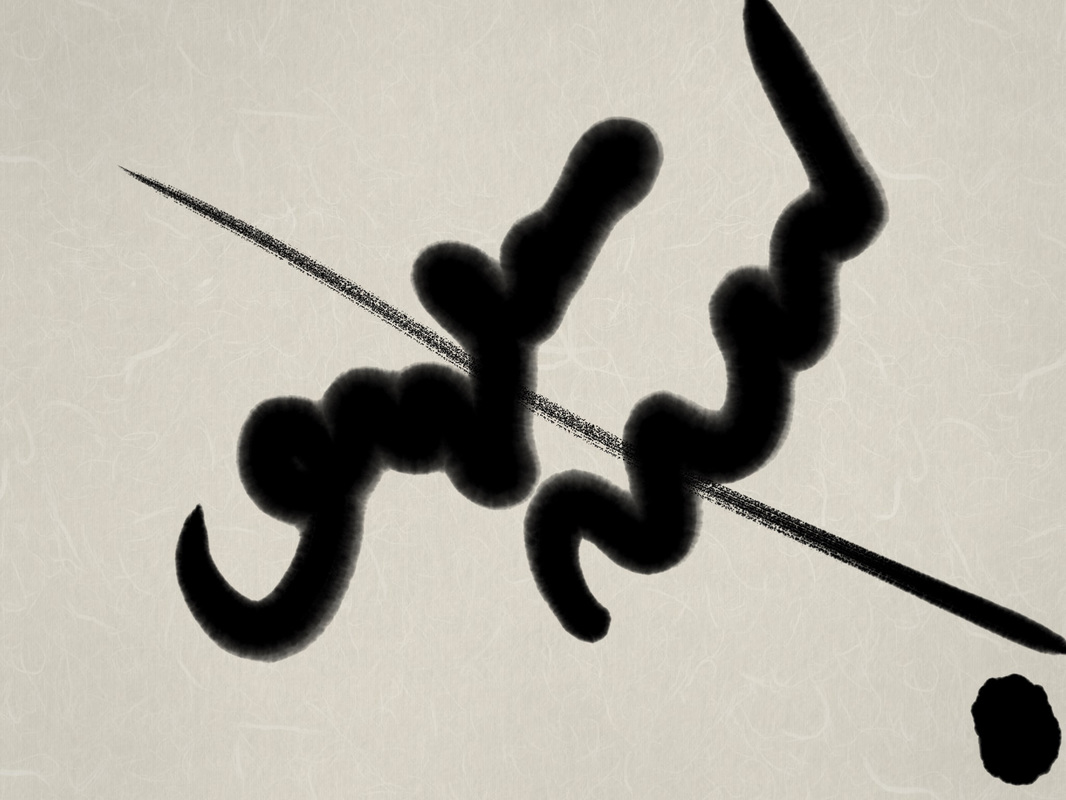
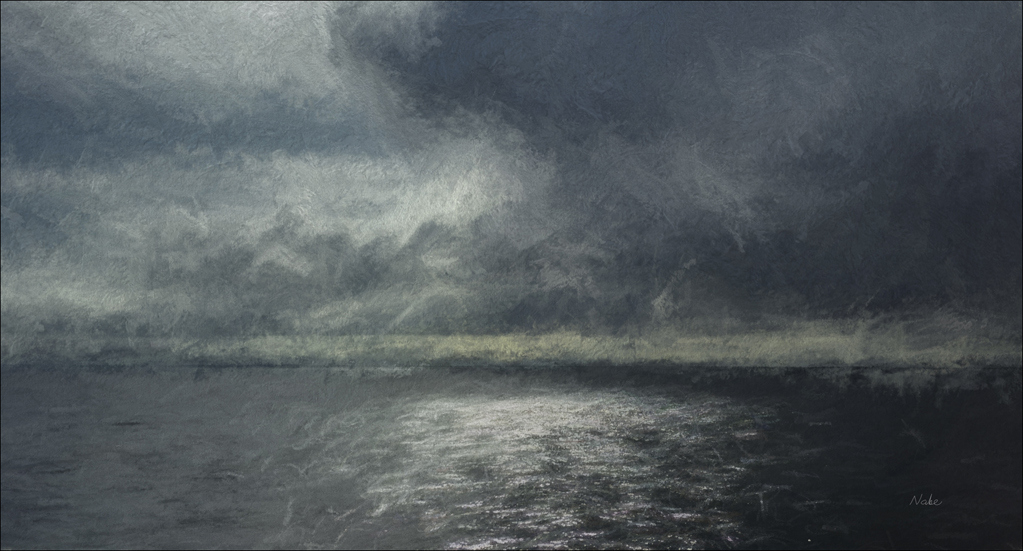
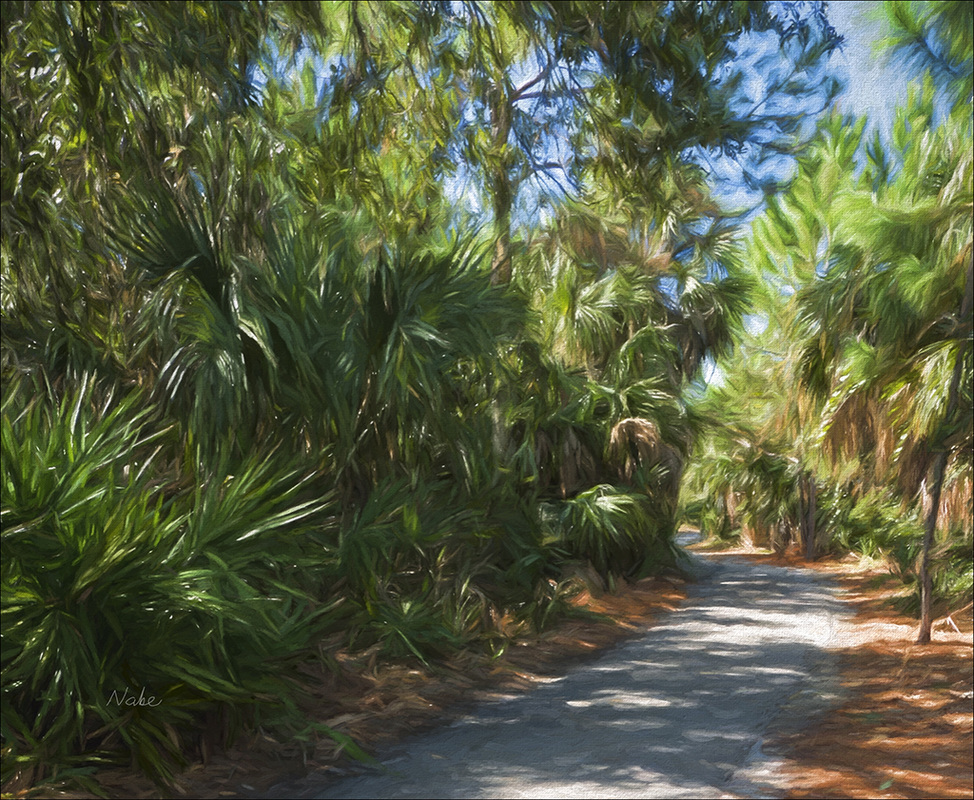
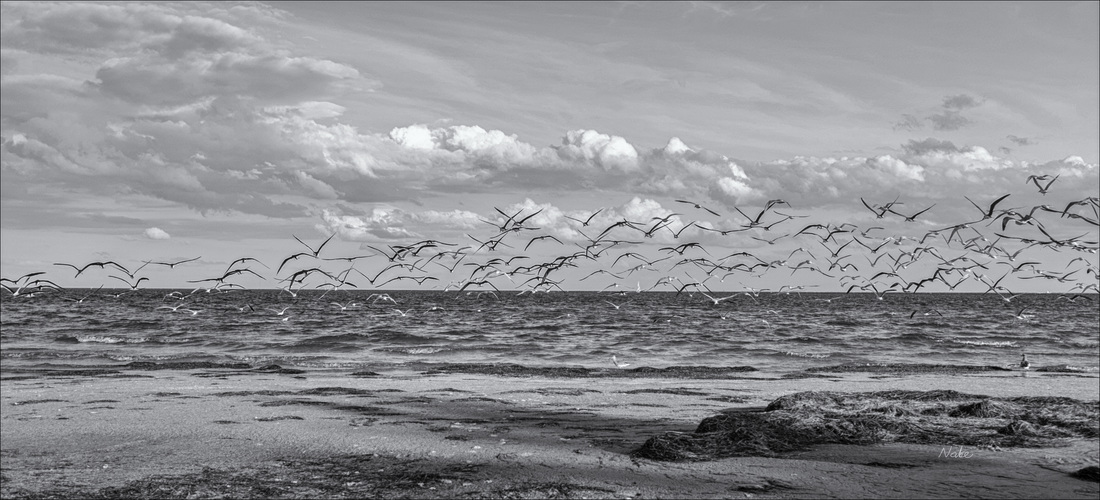
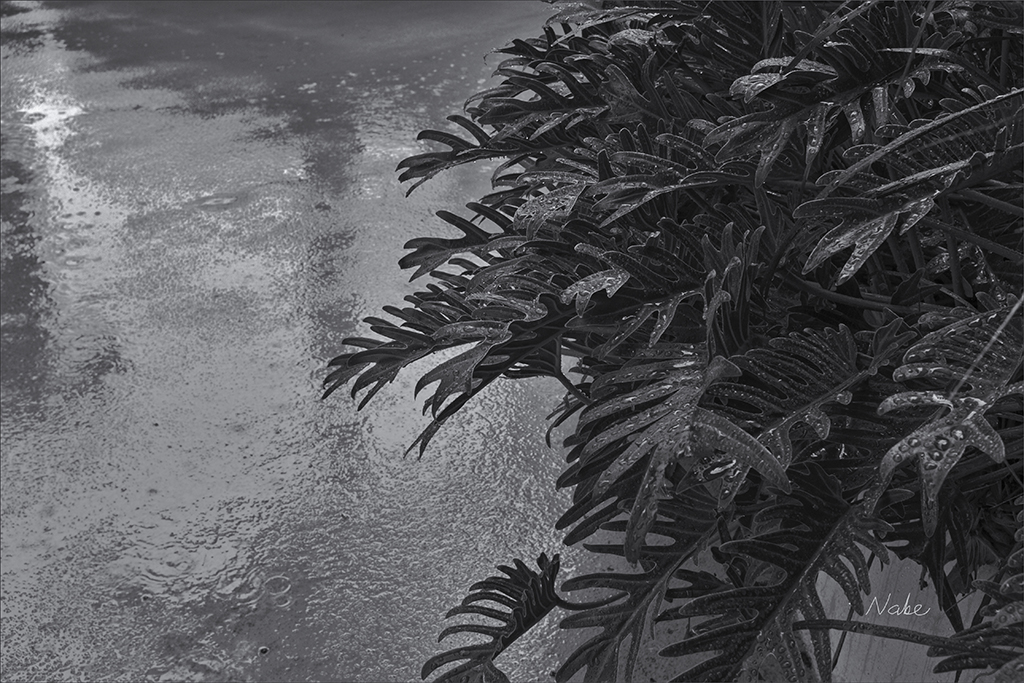
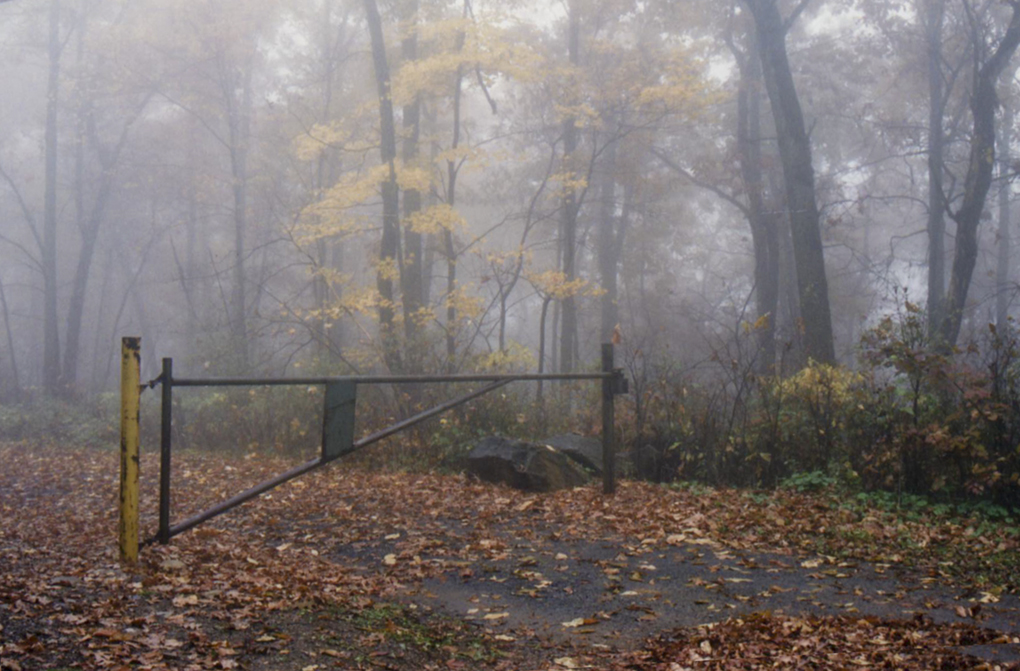
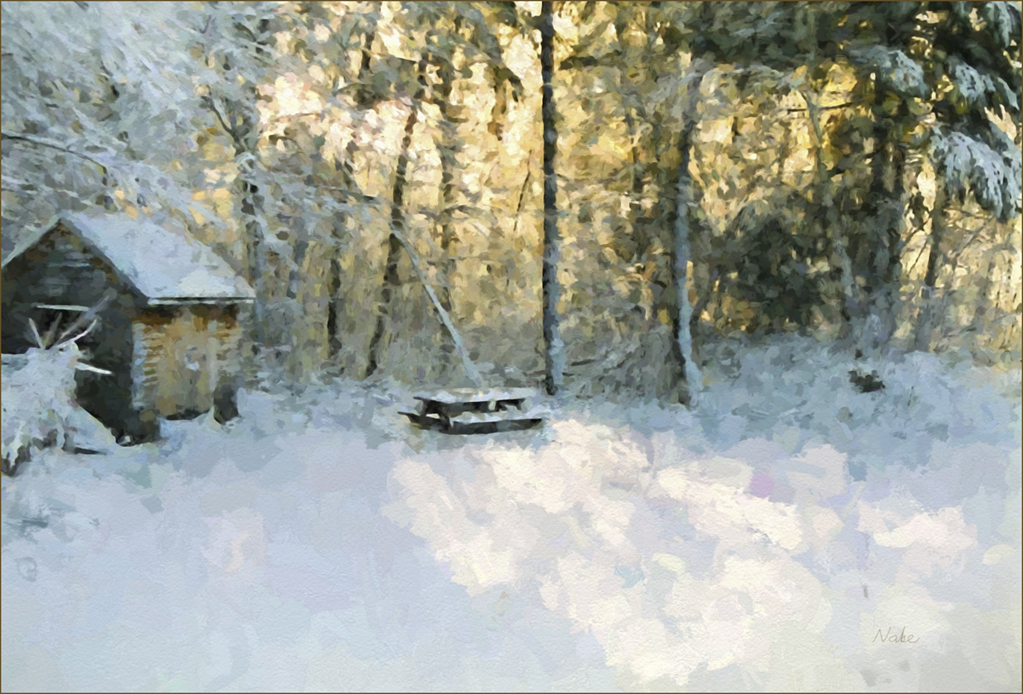
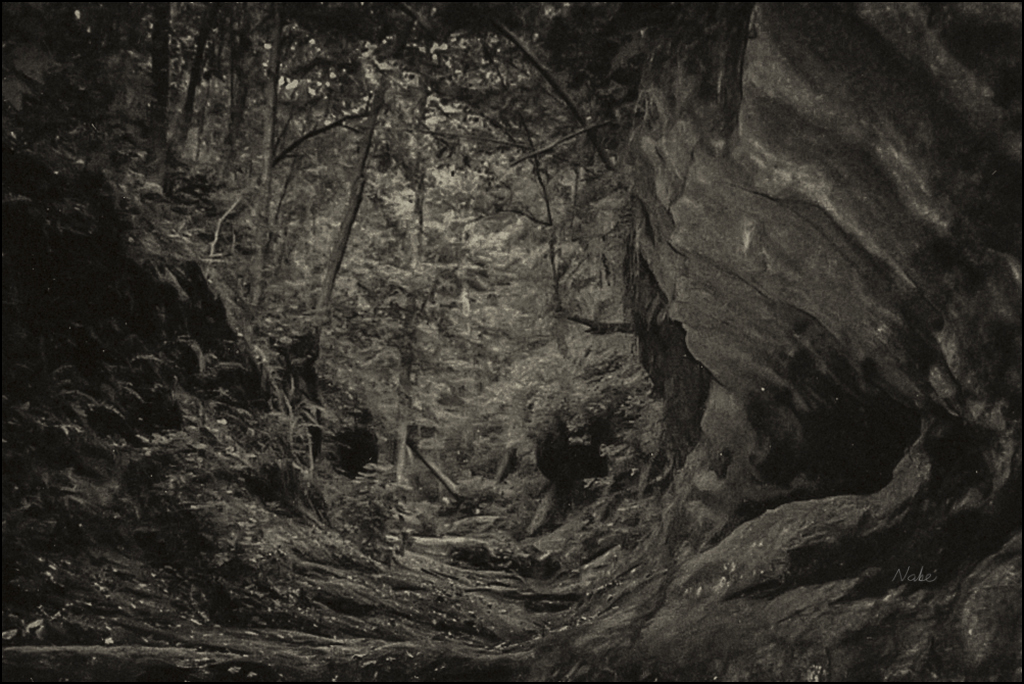
 RSS Feed
RSS Feed